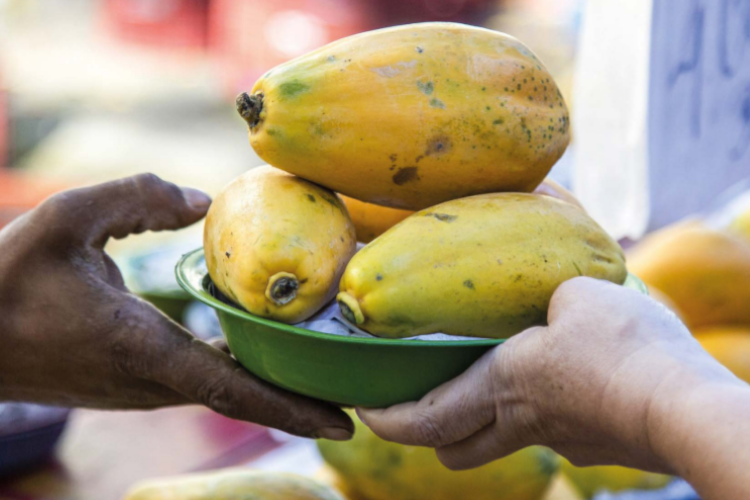Most of the $540 billion support provided by the governments to farmers globally are price distorting, and harmful to environment and health, according to a report published by three UN agencies. The report says 87% of the farm subsidies is inefficient or harmful, and sees an opportunity to optimise the use of resources to transform food systems in ways that support the Sustainable Development Goals.
According to the report, A multi-billion-dollar opportunity: Repurposing agricultural support to transform food systems, published by the Food and Agriculture Organisation (FAO), the UN Development Programme (UNDP) and the UN Environment Programme (UNEP), farm subsidies have failed to deliver the intended outcomes of sustainability and global health.
The farm subsidies could rise to $1.8 trillion in 2030 if the current trends continued. The governments need to scrap the farm support schemes that are harmful to environment and health. They must use these resources to investments in public goods and services such as agriculture infrastructure and R&D, the report suggests. There should be country-specific strategies to repurpose the support made in consultation with all relevant stakeholders.
READ I Agrarian crisis: FPOs is the way out for Indian farmers
Repurposing farm subsidies
The governments must follow six steps to implement repurposing strategies: estimate the current support; identify and estimate the impact of the support; design the approach for repurposing farm producer support; estimate the impact of the new strategy; refine the strategy; and monitor the outcomes of the new farm subsidy support.
The governments, research institutions, non-governmental organisations and the private sector must collaborate to develop successful repurposing strategies. The OECD defines agricultural support as the value of transfers to agriculture, from consumers and taxpayers. According to OECD estimates, its 54 members and 12 emerging economies spend more than $700 billion every year in support to agricultural sector.
Most of the farm subsidies is given in the form of import tariffs and export subsidies, as well as fiscal subsidies linked to the input or output of a specific commodity. According to the estimates by UN, around 811 million people faced chronic hunger. In 2019, at least three billion people could not afford a healthy diet.
READ I Farmers protest: Market-friendly options for ensuring MSP
Farm subsidies by large economies
Focus on farm infrastructure, R&D
While most of the farm subsidies today are ineffective or harmful, close to $110 billion spent on infrastructure, R&D benefit the farm sector, says the report. Revamping agricultural producer support will help eradicate poverty and hunger, achieve food security, improve nutrition, and support sustainable agriculture and consumption. It will also address the climate crisis, reduce pollution, while reducing inequalities.
Agriculture is among the most important contributors to climate change, while farmers are among the most vulnerable to extreme heat, drought, and floods due to climate crisis. Farm subsidies by high-income countries for their meat and dairy industry need to be cut if they are serious about meeting the goals of the Paris Agreement. The low-income countries contribute to climate crisis through the use of toxic pesticides and fertilizers or the growth of monocultures.
The world is falling woefully short of the target to cut global greenhouse gas emissions by half in line with the Paris Agreement. The nations and businesses are not doing enough to deliver these commitments, especially after the outbreak of the Covid-19 pandemic. The report says the transformation of the agri-food systems can contribute hugely towards the SDGs. A sustainable, equitable and efficient agri-food system needs rethinking and updating the approach towards agricultural support.
The governments offer farm subsidies in recognition of the challenges faced by the agriculture sector, especially the small farmers and its important role in ensuring food security. Farming in most countries is vulnerable to extreme weather events caused by climate change.
Farm subsidies, however, have trade-distorting effects and cause global disputes. The least developed countries complain that farm subsidies affect them them severely, especially their small farmers. Heavily subsidised products from rich nations cripple local herders and farmers, and expose consumers to price fluctuations.

